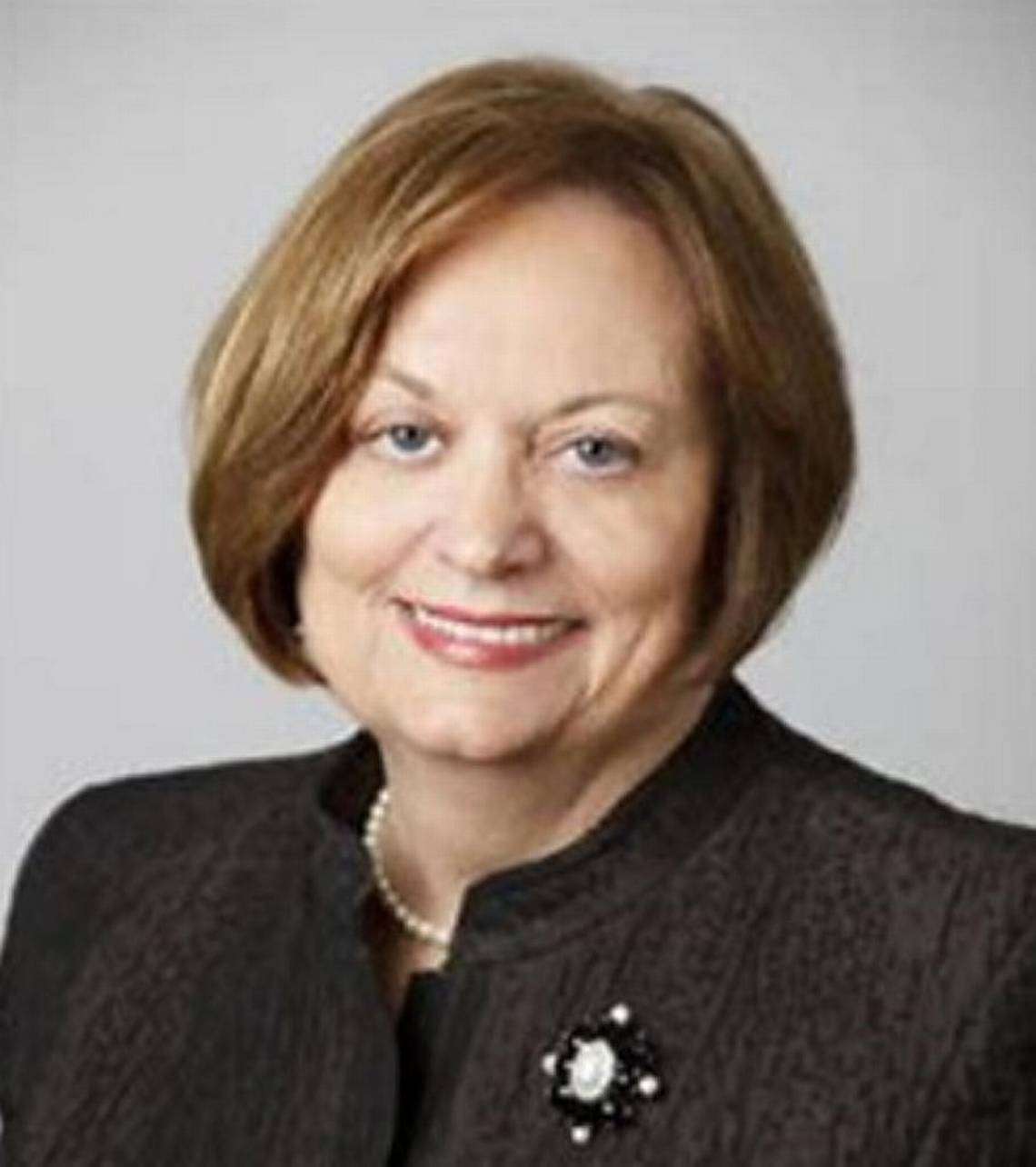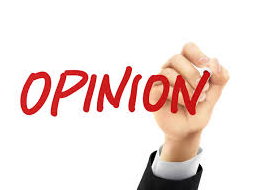
Can the three newly elected Kansas State Board of Education members move the agenda to the far right? We’ll soon find out.
While the much-hyped red wave didn’t materialize at the national level, Republicans took all five open seats in the Nov. 8 state board elections, gaining a seven to three advantage over Democrats.
The new board majority may move to advance more, and more rigorous, conservative positions. During the campaign, the three conservative Republican candidates’ views focused consistently on limiting discussion of gender, sexuality and race; banning books; and requiring all curriculum and materials to receive the parents’ approval before being given to students.

The three conservatives also supported “school choice,” a term that means allowing parents to claim the portion of state tax dollars going to their child’s education and use it for private schools or other not assessed nor audited learning expenses.
According to a report by KCUR the National Public Radio Kansas City affiliate, the conservative candidates’ campaign websites used similar language projecting a unified front on these issues.
In the past, KSDE board members have worked across party lines to support a moderate agenda, even though Republicans outnumbered Democrats on the board.
It’s not yet clear just how much the three new conservative board members can shift Kansas education agendas by moving the party that holds voting control toward national right-wing policies.
In general, the Kansas Legislature makes the laws governing K-12 education and it’s the responsibility of KSDE to carry out these laws including how curriculum is implemented.
November election results pushed the Legislature farther right and allowed Republicans to maintain a two-thirds supermajority. Nevertheless, Republicans, even with a supermajority in the Legislature last year, could not override a Parents’ Rights Bill or a bill prohibiting transgender students from athletic competition. Both bills were vetoed by Democrat Laura Kelly who will return for a second term as governor.
The November failure of an amendment giving the Legislature veto power to suspend rules and regulations written by executive branch agencies under control of the governor, also will make it difficult for a Republican controlled Legislature and KSDE board to make ultra-conservative changes in policies governed by state law.
Yet, the state board has considerable power to shape the way education laws are put into practice such as how subjects are taught, teacher licensure and graduation requirements.
Despite three of the open board seats going unopposed to Republicans, Kansans spoke through the election and the signal is clear. It’s time, within the legal framework of state and federal equity laws, to pump-the-breaks on school issues many in the public find unhelpful, such as explicit gender/sexuality education in Kindergarten to grade three classes.
There are serious issues to be addressed—teacher shortages; funding of special education; academic improvement, especially in math and reading in the lower grades—culture wars aside.
The hope is that relations on the state board don’t deteriorate, calm will prevail and special interests will give way to working through common concerns.
It really doesn’t matter which political party holds the majority of votes on the KSDE board as long as each of the members put the best interests of Kansas schools above party loyalties.
Sharon Hartin Iorio is Dean Emerita Wichita State University College of Education.



